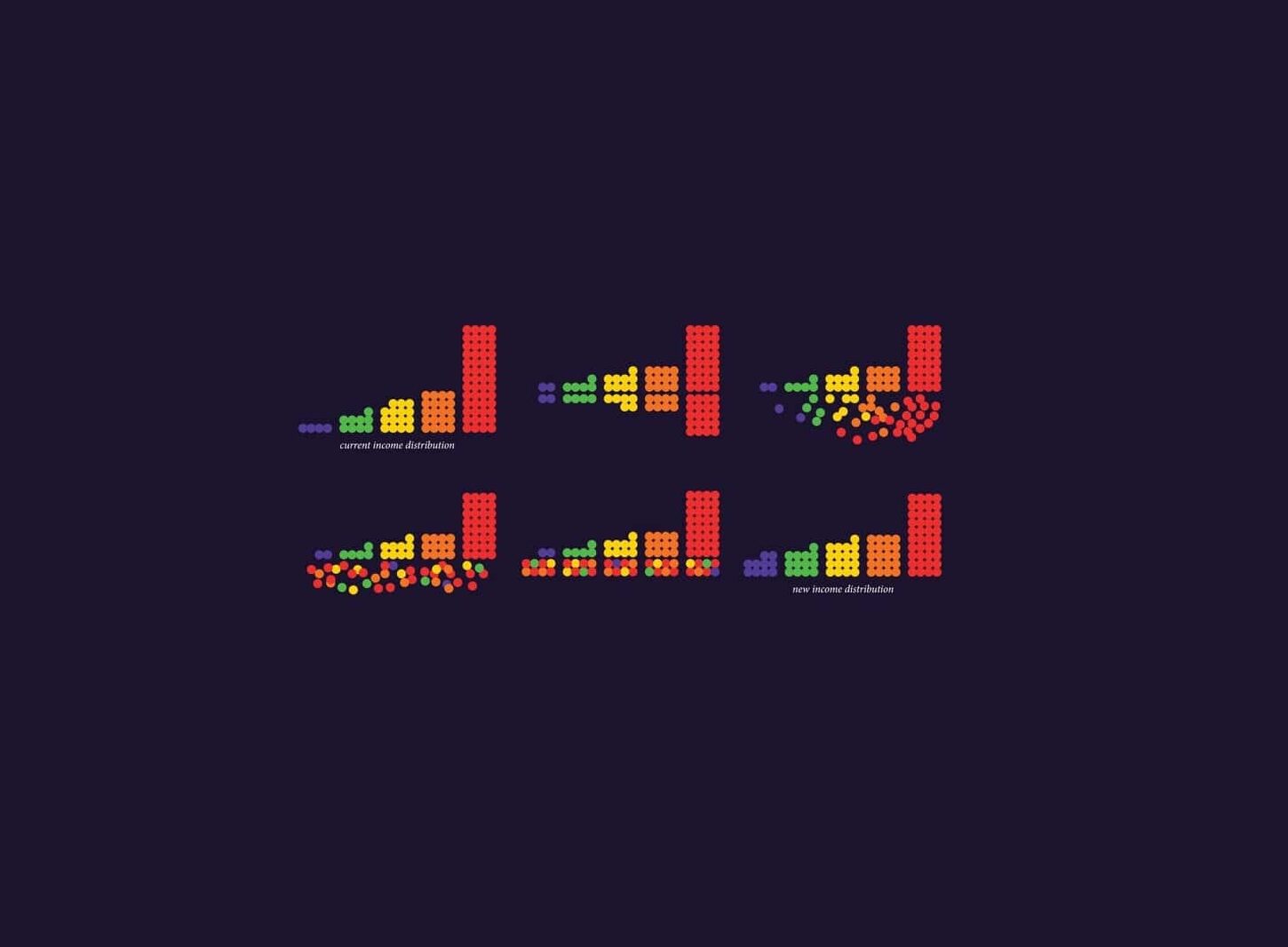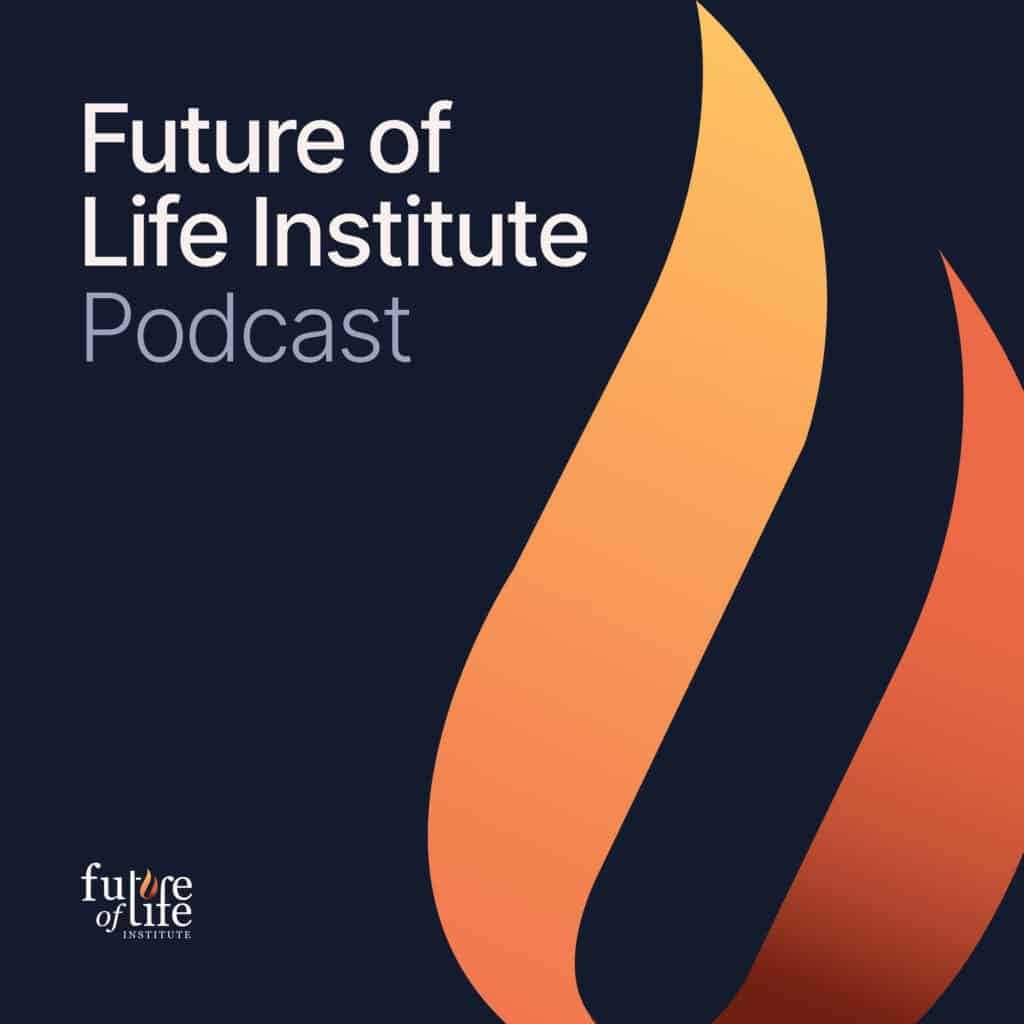AI’s Role in Reshaping Power Distribution

Artificial intelligence offers transformative economic potential. It can automate dangerous and routine labor, boost productivity, and dramatically reduce the cost of accessing high-value services like healthcare and education. But the same breakthroughs that fuel innovation may also shift value away from human labor and toward capital—benefiting those who own and control AI technologies: typically large companies, investors, and nations already in positions of strength.
Leading AI companies have been open about their ambition to build artificial general intelligence (AGI)—systems that can outperform humans in nearly all economically and strategically important tasks. These technologies will hold unprecedented leverage over industries, institutions, and global affairs. Without thoughtful approaches to competition and governance, this could lead to unhealthy concentrations of influence and decision-making authority.
This is not just a technical challenge—it’s a systemic one. As AI capabilities advance faster than existing institutions can adapt, we risk entrenching economic stratification, undermining pluralism, and creating fragile systems overly reliant on a few actors. Centralization brings efficiencies, but it also increases the stakes of failure—and the likelihood of decisions being made without broad accountability.
To meet this moment, we need to modernize our institutional frameworks to match the pace of change. That includes fostering decentralized innovation, promoting market competition, and reinforcing the principles that have long underpinned open and resilient societies. It also means creating the right incentives to ensure that AI fuels opportunity and upward mobility—not just efficiency and control.
Ultimately, AI should remain a tool to empower—not replace—people. By ensuring that its power is distributed, not monopolized, we can shape a future that is not only more technologically advanced, but also more dynamic, inclusive, and free.
Sub-projects

How to Mitigate AI-Driven Power Concentration
We're offering up to $4M to support projects that work to mitigate the dangers of AI-driven power concentration and move towards a better world of meaningful human agency.
More about this program can be found here.

The Windfall Trust
The Windfall Trust aims to alleviate the economic impact of AI-driven joblessness by building a global, universally accessible social safety net. Our podcast series explores ways we could build more positive futures, and offers thought-provoking ideas for how we might get there.
On July 23rd, 2024, FLI and the Simon Institute co-hosted a workshop on the Windfall Trust.

Emilia Javorsky on the AI-driven Power Concentration
Our Director of Futures, Dr. Emilia Javorsky, joins the Future of Life podcast to discuss AI-driven power concentration and how we might mitigate it. We also discuss optimism, utopia, and cultural experimentation.

Threshold 2030 - Convergence Analysis
The Threshold 2030 conference brought together 30 leading economists, AI policy experts, and professional forecasters to evaluate the potential economic impacts of artificial intelligence by the year 2030.
It spanned two full days and was hosted by Convergence Analysis and Metaculus, with financial support from the Future of Life Institute.
